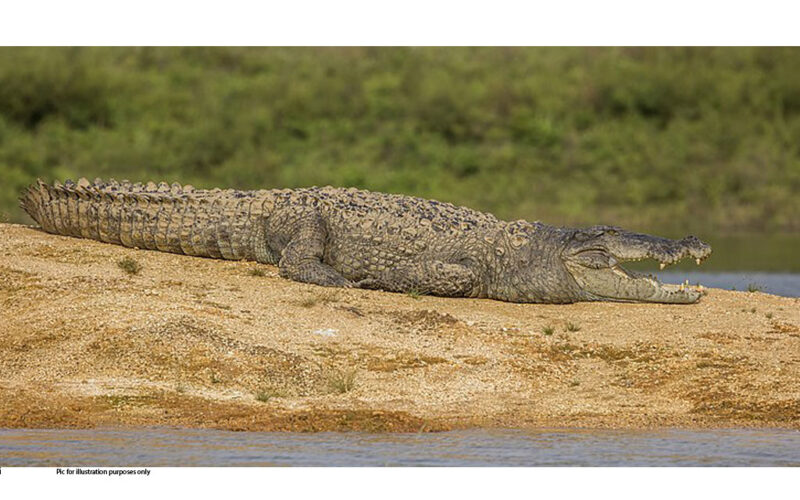Martin Endjala
THE Mafwe Traditional Authority in the Chincimane area, 65 kilometers southwest of Katima Mulilo, in the Zambezi region’s Linyanti constituency, have called on government install boreholes in strategic locations to avoid competition for water sources between humans and wild animals.
This follows a visit by the Parliamentary Standing Committee on Natural Resources to the traditional authority last week for a consultative discussion on community issues.
The meeting is part of the Committee’s public hearings to gather advice from communities in the Zambezi, Kavango East, and West regions on how to address human-wildlife conflict concerns.
Crocodile attacks have occurred in the region, with some claiming lives and injuring others. As a result, the Mafwe leadership believes that boreholes installations at strategic locations may be the best option for resolving the carnage caused by human-wildlife conflict.
Patrick Kawana, advisor to the Mafwe traditional authority chief, stated that the sum of money paid to victims of human-wildlife conflict are insufficient. “The amounts paid to residents for funeral preparations, crop loss, or injuries are insufficient, and no additional support is provided to surviving victims, such as wheelchair assistance for the disabled and counseling for traumatised people,” he said.
“Ministry of Environment officials often delay taking action when incidents are reported, and then we are forced to take action, and we end up getting arrested,” Kawana lamented. It was suggested that government explore moving wild animals to remote areas, away from humans in order to prevent human-wildlife conflicts and avoid loss of life.
Given that several settlements in the area are located within conservancies, the traditional authority further urged that government aid farmers with fencing off their crop fields.
Lions, elephants, buffaloes, hippos, and crocodiles were highlighted as problematic wild animals in the area.
Committee Deputy Chairperson, Agnes Kafula, who sympathised with the residents, noted that conservancies have been beneficial to communities for many years.
She, however, suggested that government should look at increasing hunting quotas of problem animals to control their populations.




